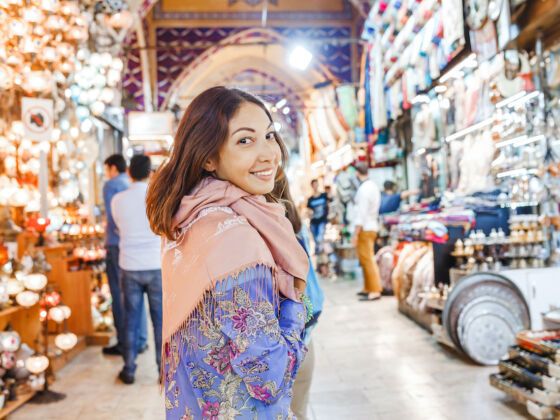YOU’VE HEARD ABOUT the endless glasses of tea, the kebabs, and how to haggle in the bazaar, bBut if you really want to get under the country’s skin, here are ten less commonly known things about life and culture in Turkey.
1. Not all Turkish men have mustaches.
This Turkish stereotype is remarkably persistent (see picture above!)
While you might see members of the older generation sporting a mustache, young Turks are more likely to be clean-shaven.
